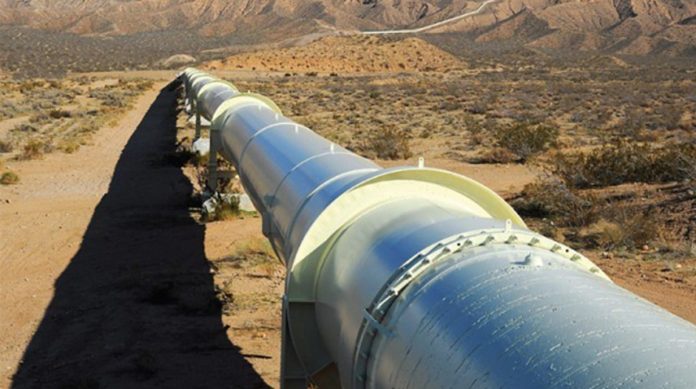Tapiwanashe Mangwiro
HARARE – Last week the price of Brent crude oil suddenly spiked to $55 per barrel after a gradual price increase from below $40 in November last year. For a long time persistently above $100 before they crashed to about $25 in 2014, prompted by increased global oil supply mainly attributed to US shale sources.
Since 2014, prices have made numerous efforts to recover, until the Covid-19 pandemic in early 2020 destroyed as much as 25 percent of global oil demands, creating a persistent situation of surplus oil, which has kept prices relatively low. Oil price stability is usually enabled by a sustainable equilibrium between global oil demands and supply, a situation which has been difficult to achieve in recent years.
The Organization of Petroleum Exporting Counties (OPEC) and its ally Russia have played a major role in efforts to control production to fit available demands and in so doing stabilize prices. Last week, there were expectations that OPEC and its allies would collectively agree to reduce oil production, but instead the group opted on a gradual monthly production increase of 75 thousand barrels per day, which is a small amount. Apparently the member countries were motivated by need to lump up production to protect their oil export market shares.
However, Saudi Arabia the largest OPEC oil producer immediately and unilaterally decided to reduce its production by 1.0 million barrels per day. It is this decision by the Saudis that prompted oil prices to increase to $55 last week. Saudi Arabia is motivated by need to increase value and revenues from their oil. The Saudi action signifies the possibility of an end to a unified oil production control by OPEC members and their allies, potentially leading to continued oil price instability.
It is unlikely the Saudi action will on its own sustain a price rally, due mainly to supply and demand pushbacks already happening or likely to happen. Without OPEC centralized production control, Saudis are unlikely to sustain enough production reduction to balance other countries increased supply. Therefore, directionally there will be more oil supply around the world, and prices will continue to be weak.
There is also the predictable “start/stop cycle” of US shale oil production. At prices around US$55 shale oil producers will most likely respond with increased production as break-even production economics improve. Increased shale production will in turn increase global supplies, with the consequence of lowering prices, which will in turn discourage more shale production. Vicious competition between US shale oil and OPEC/Russia oil for control of global oil markets, has repeatedly played out often since 2014.
On the oil demand side, the recent launch of Covid-19 vaccines has given new confidence that global economies will soon recover with oil demands or prices rising. This is despite the recent pushback by the virus which has led to repeat socio-economic lockdowns in Europe, and a significant virus resurgence in USA. The pandemic will therefore remain the major unknown in predictions of global oil demands and prices in the coming months.
There is also the ongoing “feel-good” effect and confidence that the Biden presidency will boost the US economic recovery and oil demands when he launches a massive economic stimulus while also speeding up Covid-19 vaccinations and strengthening of virus spread controls. The Biden confidence effect will to some degree continue to strengthen prices.
However, globally there is a fraction of demands lost due to the pandemic that may never fully come back. Specifically, it will take much longer for local and international travel to recover, while businesses and life in general will have taken new patterns needing less energy inputs.
Also unknown are the oil supply-side impacts of post-Trump geopolitics especially in respect of Iran and Venezuela, two oil producing countries currently under Trump sanctions. Any political reparations with these countries can only increase global oil supply and depress prices. female viagra test
Finally, going forward, the world is heading towards “peak demands”, a future scenario that will be dominated by energy transition from oil to renewable energy. Otherwise, in the short term, any prediction of oil prices will remain very speculative, directionally pointing to persistence of low prices. A situation that benefits Zimbabwe and other net oil importers.












